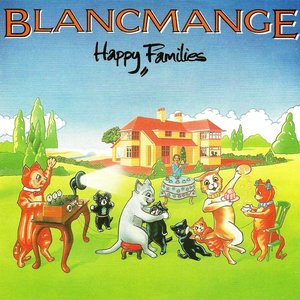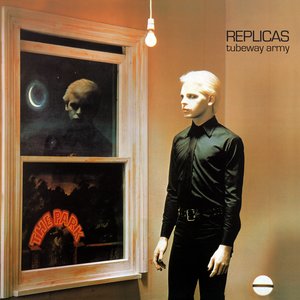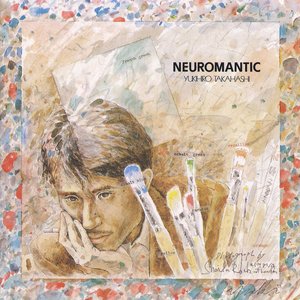Wiki
-
Release Date
28 November 1981
-
Length
8 tracks
Tin Drum is the fifth and final studio album by English band Japan, released in November 1981 by record label Virgin.
Tin Drum continued the band's now-established mix of electronic elements with traditional instrumentation, but leans far more towards Far Eastern and Orientialist influences than any of their previous albums. Lead guitarist Rob Dean had departed in May 1981 and vocalist/songwriter/second guitarist David Sylvian had taken on his duties, which had been very greatly reduced by the band's change of musical direction. Brooklyn Rail writer Paul Grimstad described the album's sound as "mannered cubist pop".
Musically, Tin Drum was a meticulously crafted blend of complex rhythms, keyboard textures, and Mick Karn's bass playing. Keyboardist Richard Barbieri recalled that recording the album "was a very laborious process, but creatively satisfying… it was the first album where we actually produced something… completely original." Also important for the band finding their own unique sound was their work with Steve Nye, who had replaced John Punter as the band's producer. However, in a 1982 interview, Sylvian commented that by the making of Tin Drum, Karn had become more preoccupied with his own projects and was not involved as much as he was on previous albums, essentially becoming little more than a "session musician".
Barbieri remembers this album as 'quite an adventure in synth programming' - the synthesizers they were primarily a Sequential Circuits Prophet-5, an Oberheim OB-X, and a Roland System 700.
Lyrically, the songs include notions of romance, melancholia, travel and escape, and particularly David Sylvian's fascination for Eastern culture, which at times ("Visions of China", "Cantonese Boy") has a satirical undercurrent. "Ghosts" was Sylvian's most personal lyric to date, expressing notions of self-doubt, ambiguity, regret, and hope.
Album descriptions on Last.fm are editable by everyone. Feel free to contribute!
All user-contributed text on this page is available under the Creative Commons Attribution-ShareAlike License; additional terms may apply.












